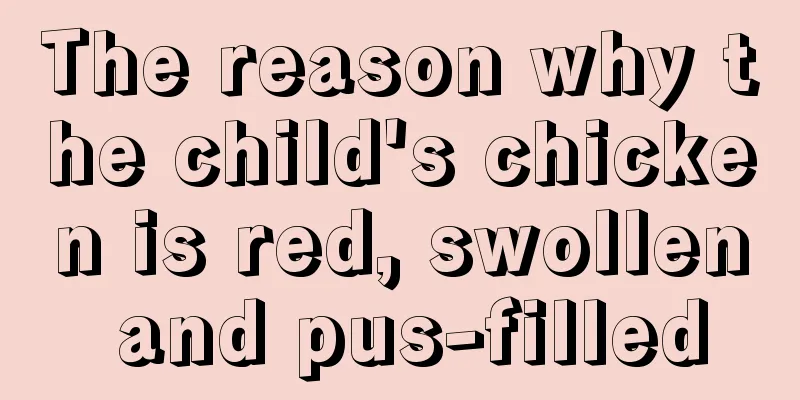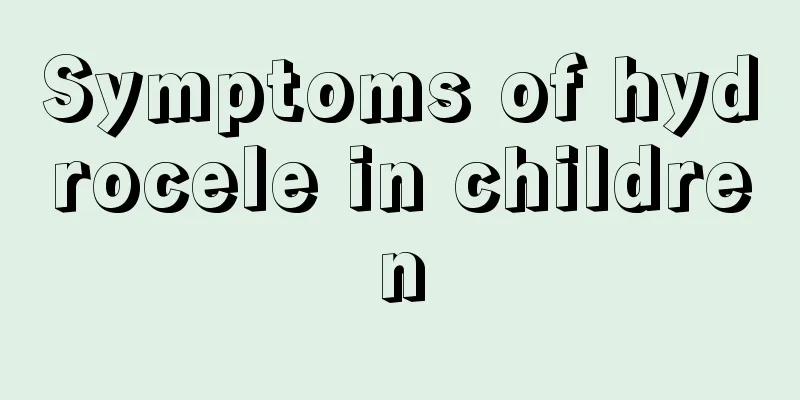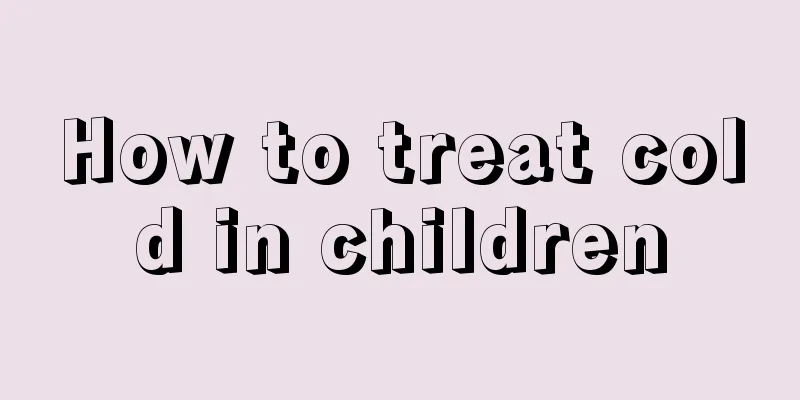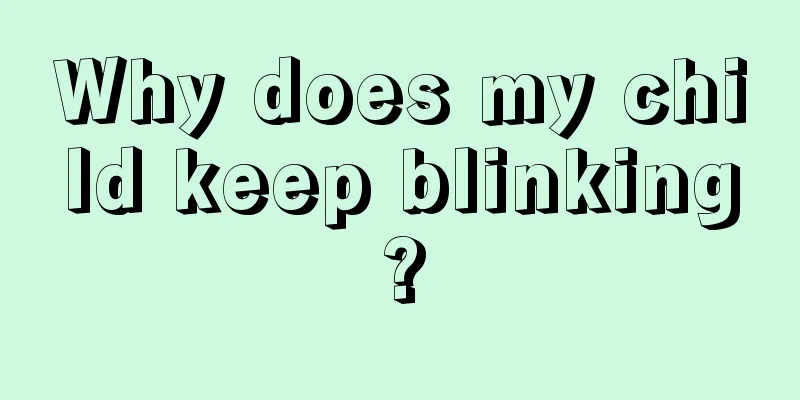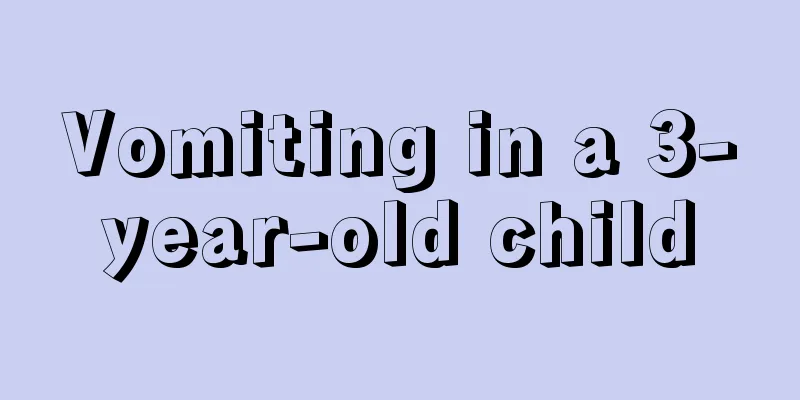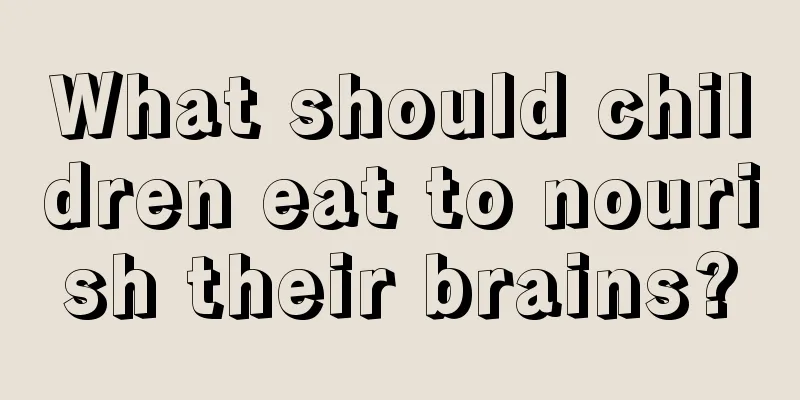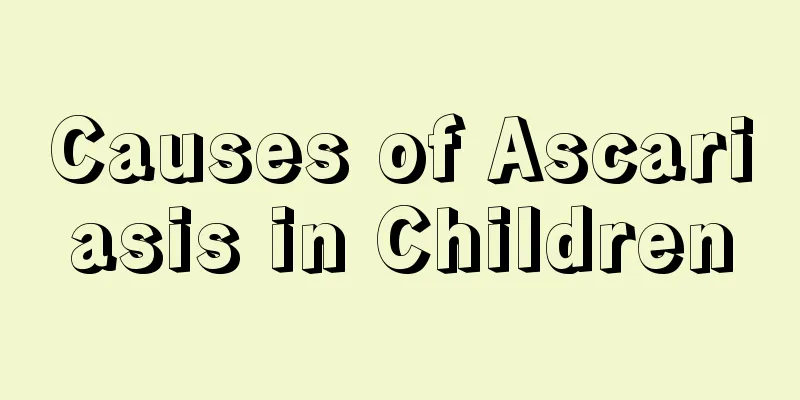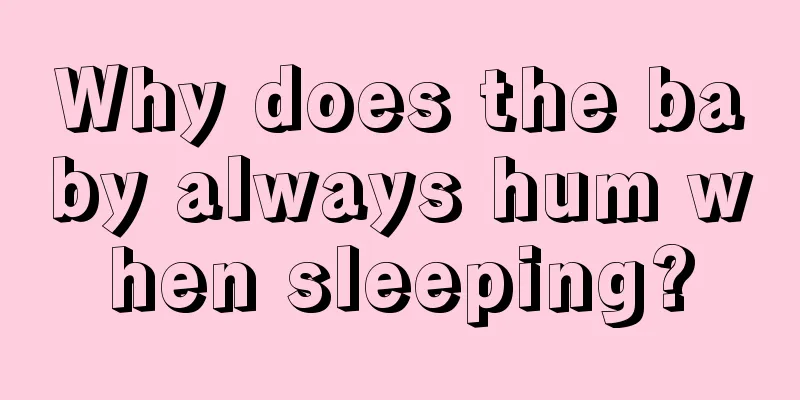What causes headaches in children?
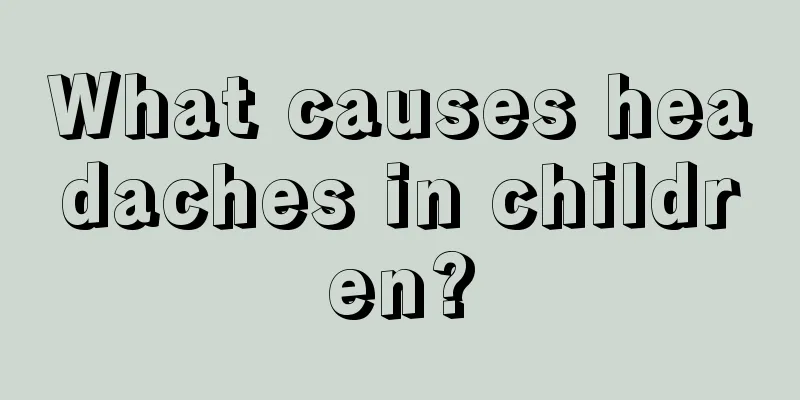
|
If a child's head is stimulated by physical or biological factors, headache symptoms will occur. The patient will feel very painful, which will seriously affect the child's life and study. This will directly affect the child's physical and psychological development. There are many reasons for this symptom, which may be caused by emotional factors or some brain diseases. First, what are the causes of headaches? There are many reasons that cause headaches in children. A stuffy room, worries, anxiety, fever, illness, etc. may all cause headaches. About 20 percent of children experience recurring headaches for which no cause can be identified. But many headaches are caused by serious medical conditions. Common causes of headaches include: 1. Fever, use of certain drugs, metabolic abnormalities, etc. can all cause contraction and dilation of cerebral blood vessels, thereby causing headaches. 2. Migraine 3. Tension headache: often caused by long-term mental stimulation such as mental tension, depression, tension between family members, learning difficulties, etc., and is more common in school-age children or teenagers. 4. Brain tumors 5. Meningitis: When the meninges are inflamed and irritated, headaches will occur. 6. Problems with other organs in the head, such as sinusitis, glaucoma, eyestrain, myopia, otitis media, and toothache, may also cause headaches. 7. Systemic diseases: In addition to head diseases, systemic diseases such as hypertension, kidney disease, hypoglycemia, etc. can also cause headaches. 8. Emotional reactions, including tension, depression, anxiety, stress, etc., are also common causes of headaches. Second, the symptoms of headache 1. Acute headache: This situation is often characterized by a sudden and obvious headache, but the pain only occurs this time and will not recur. The pain can be spread throughout the head or localized in one area, and is sometimes accompanied by other symptoms such as fever, nausea, and vomiting. Acute headaches are mostly caused by a certain reason or disease, such as fever, bruise, toothache, meningitis, etc. Once the cause is eliminated, the headache will also disappear and will not recur in the future. 2. Acute recurrent headache: refers to headaches that occur again and again. Each headache lasts for several hours to several days. The headache can be mild or severe, and sometimes it is accompanied by symptoms such as nausea, vomiting, blurred vision, and abdominal pain. After the headache disappears, there will be no more uncomfortable feeling, but the headache will reappear in the future. Migraine is the most common example. 3. Chronic headache: Chronic headache means that the pain exists every day, but the pain is not severe. It is just a dull pain every day and feels uncomfortable, but the headache does not get worse. Children with this kind of headache often suffer from depression, sadness and other problems, which are mostly caused by study pressure, interpersonal relationships or other psychological problems. Whether there are diseases such as brain tumor, brain abscess, cerebral hematoma, etc. Third, how to deal with headaches If this is the first time the headache occurs, especially if it is accompanied by high fever, vomiting, stiff neck, photophobia and other symptoms, you must be careful. It is best to immediately ask a professional doctor to check to determine whether the headache is caused by a serious disease such as a brain tumor or encephalitis. If any of these diseases are suspected, you will be hospitalized for further examination. If it is determined to be a benign headache, no further testing is needed. In fact, most of the headaches in children are benign and can be treated with ordinary painkillers. When a headache first occurs, you can give your child some water or some snacks such as biscuits, or take him outdoors to play in the fresh air for a while to see if it will get better. |
<<: What are the treatments for brain cysts? Will it affect children's intelligence?
>>: What to do if your baby has pharyngitis and cough
Recommend
How to treat a one-year-nine-month-old baby diagnosed with cerebral palsy?
There are many parents in the society who are car...
Why do babies fart but not poop?
Many times babies will have many problems with th...
Causes of yellow runny nose in children
Some children will have a runny nose when they ar...
How should children's asthma be treated?
Asthma is a very common respiratory disease, and ...
What should children eat for dry eyes?
Children are the future of a family. China has a ...
Precautions for children's tooth replacement
Tooth replacement is the process in which permane...
Baby's knees cannot straighten
The physical condition of the baby is what parent...
What should I pay attention to when doing MRI on children?
Regarding the operation of MRI surgery, I believe...
Do newborns need calcium supplements?
Calcium is a particularly important element for t...
White spots on baby's face
Special attention should be paid to all matters w...
What should I do if my child is injured in kindergarten?
Every parent would be reluctant to see their belo...
How to improve children's memory
All activities in people's lives, from simple...
Child sweating and coughing while sleeping
In daily life, many babies are prone to sweating ...
What is the reason for children's large gaps between teeth?
Many children have very large gaps between their ...
How harmful is CT scan for children?
CT is a method used by hospitals to examine the h...
